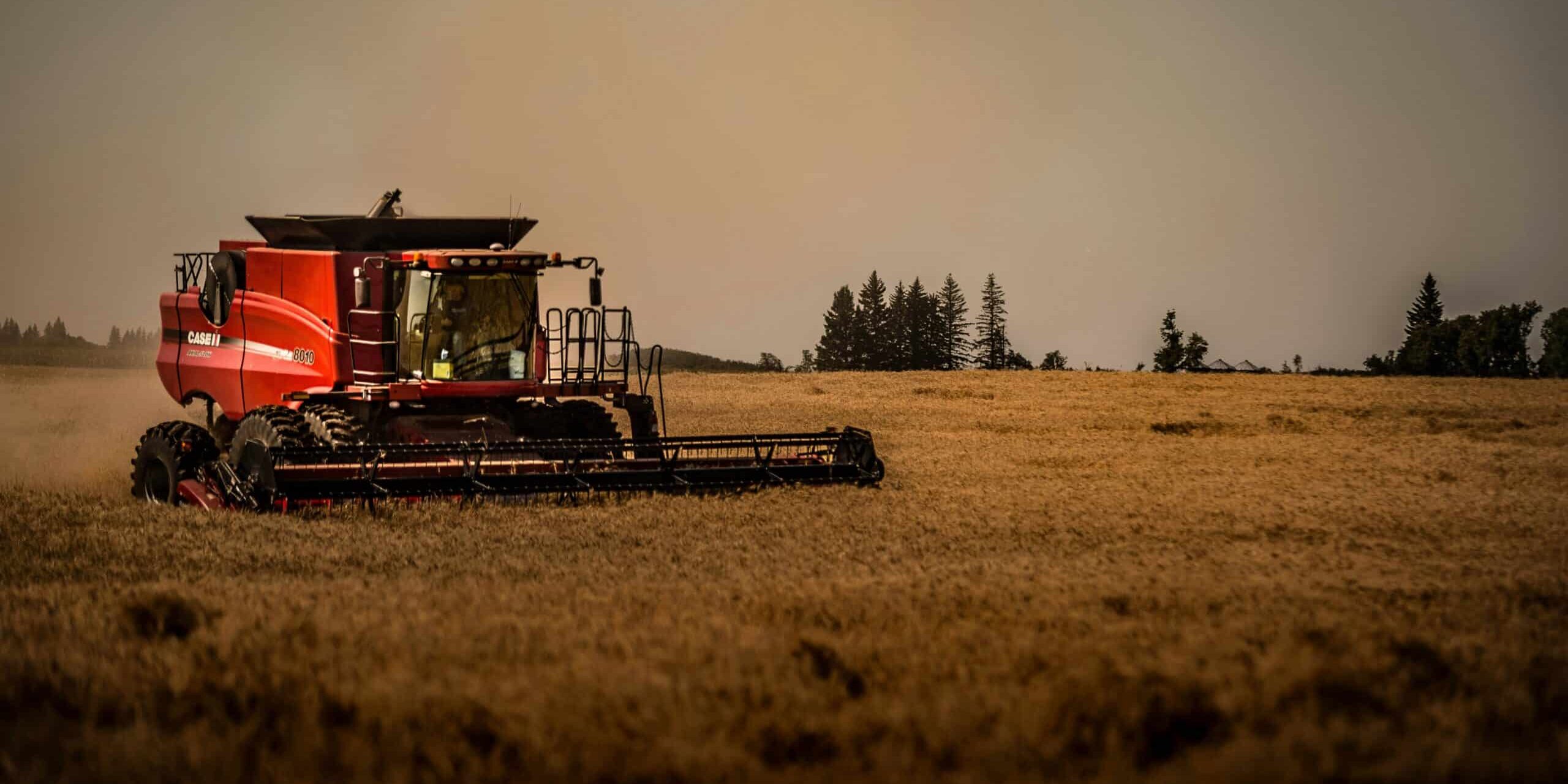In the dynamic world of global trade, India is emerging as a leader in transforming agricultural supply chains through the power of digital technology. At the forefront of this change is an agritech firm that has adopted a data-driven approach to seamlessly connect every link in the food value chain. From farmers to consumers, this innovative strategy is reshaping how food is efficiently moved from fields to tables, drastically reducing waste and boosting profitability across the sector.
The company’s managing director explains the impact of their comprehensive digital platform: “By integrating data from farming through to processing, warehousing, and retail, we are transitioning from a traditional supplier-driven model to a more responsive, demand-driven system.” This advanced, cloud-based system enables the company to produce and deliver fresh, high-quality food precisely when and where it’s needed. As a result, food wastage has been cut by up to 96%, while farmers have seen their incomes increase by over 13%.
Central to this transformation is the alignment of supply with real-time market demand through extensive data insights. The firm fosters collaboration across the supply chain, ensuring that the flow of goods matches consumer needs at optimal prices. This seamless integration improves efficiency, reduces costs, and enhances product quality, setting a new standard for the food industry’s supply chain operations.
Traceability from farm to consumer is another critical component of this success. By leveraging real-time data and customer feedback, the company can forecast and plan more effectively, advising farmers on which crops to plant to maximize yields and market prices. A farmer from Karnataka shares his experience: “They guide us on what to plant, when, and where, guaranteeing a market for our produce at fair prices. This makes our income more predictable and stable.”
Innovative technologies are at the heart of the company’s operations. AI-driven recommendation engines assist retailers in managing inventory by predicting which products will sell the fastest, thereby minimizing waste. In the fields, AI-based tools help farmers quickly diagnose plant diseases and implement targeted treatments. IoT sensors provide real-time weather updates, enabling more efficient and sustainable irrigation practices. These technologies collectively enhance productivity and sustainability throughout the supply chain.
The commitment to sustainability extends beyond technology. Embracing environmental, social, and governance (ESG) principles, the company supports regenerative farming techniques that foster biodiversity and resource efficiency. By utilizing data-driven insights, farmers can cultivate more resilient crops that require less water and fertilizer, contributing to a healthier environment and sustainable agriculture practices.
Looking to the future, the company plans to expand its digitalized business model beyond India to regions including Southeast Asia, the Middle East, and Africa. The managing director is optimistic: “The global food supply chain presents enormous potential, and agribusiness is one of the least digitized sectors. We’ve demonstrated how technology can transform food chains here in India, and we are eager to extend access to affordable, quality food in other parts of the world, paving the way for sustainable agriculture for future generations.”
This innovative approach showcases how digital technology can drive efficiency, resilience, and sustainability in the agricultural supply chain, offering a blueprint for success in the global food industry.
#ICTTMNews #BreakingNews #SupplyChainInnovation #Agritech #FoodSecurity #DigitalTransformation #NewsUpdate







